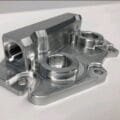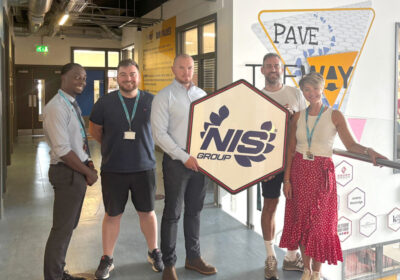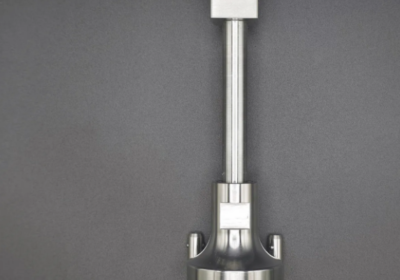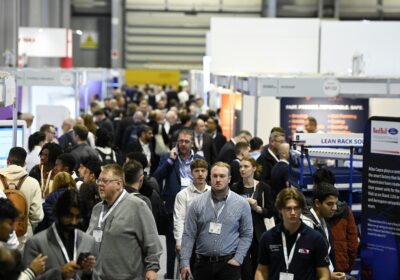In 2023, 13.7 per cent of the global engineering workforce was made up by women. While women might make up a minority in the sector, to mark International Women in Engineering Day 2024, global engineering technologies company, Renishaw, is highlighting the contribution of just some of the women working within the business.
Here, employees from across Renishaw’s global sites and disciplines, share how they have been enhanced by engineering, highlighting favourite projects, challenges they have overcome and advice on a career in engineering.
Natasha Balman, Senior Service and Imports Manager, based in the UK
There’s often a misconception that you can only work in engineering if you have an educational background in science, technology, engineering and maths (STEM) subjects, but it’s important to look beyond this.I studied Law at University because I wanted skills that would be beneficial in a work environment. After graduating and exploring the roles available that suited my skills, I came across procurement, becoming a Junior Buyer at Renishaw.
I didn’t initially look for a career in an engineering firm, but have since been able to apply the skills to a range of roles. By enrolling in a commercial graduate scheme at the company I moved around different areas of the business, often engaging in roles very closely linked to engineering, whether it was indirect materials purchasing, or as a section leader and other operational roles. Each role opened my eyes and provided more context about the entire supply chain.
Ruqayyah Girach, Engineering Apprentice joined in Autumn 2022 on the engineering technician apprentice scheme.
While I knew engineering would be a rewarding and enjoyable career for me, at first I wasn’t sure what type of engineer I’d like to be. Luckily, apprenticeships at Renishaw give you the freedom to try different things, by working on placements in a range of departments to apply your academic learning to a variety of applications.
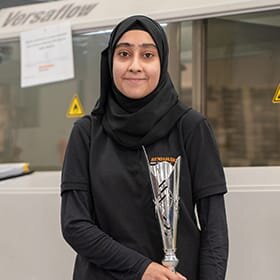
My current placement in the process improvement engineering team, for example, requires problem solving to troubleshoot issues with machinery. We’re currently working on a production system that has a recurring problem. The team has encouraged me to take the lead on the project, which I’ve been working on by trialling different ways to find a solution. It’s great to get this level of hands-on experience so early in my career.
Just from my first year on placement it’s clear that apprenticeships are a great way to get into the industry — engineering apprentices can gain countless skills, from analytical problem-solving to practical tasks like soldering. This means I have an opportunity to get a feel for the role while deciding on what I want to specialise in long-term.
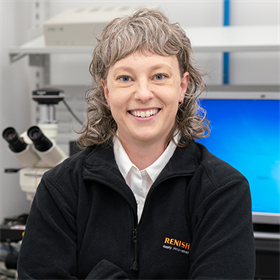
Dr Sarah Glanvill, Lead Materials Scientist joined Renishaw in 2018. She has a PhD from the University of Birmingham in corrosion science.
During my PhD in corrosion science, I had a lightbulb moment at a conference. After talking to aerospace industry attendees, it became clear that, while my work was incredibly interesting, there was not an obvious route for how my new corrosion understanding could easily transition into a commercial environment. After my PhD I looked at industry roles in materials science and engineering to establish a career where I could quickly translate my knowledge and skills into real-world impact.
Materials science is fundamental to good engineering, and this field depends on research both in academia and industry. Knowing how a material works, how to manipulate it and where its properties can be best utilised, relies on principles from both science and engineering.

I’m now in a leadership position, working with a group of materials scientists and engineers, all with different specialisms. The team manages projects across the business, from designing and developing new materials technology for specially designed surfaces, to investigating whether we can make products more sustainably without impacting product quality or manufacturing efficiency.
It’s important for us to recognise the role that women have in engineering, but as the statistics show there is still much more to do to truly represent women in the sector. This is just a snapshot of the valuable role they play at Renishaw and in the sector. Find out more about our employees by visiting Renishaw’s ‘Employee perspectives’ page at www.renishaw.com/en/employee-perspectives-48544.

